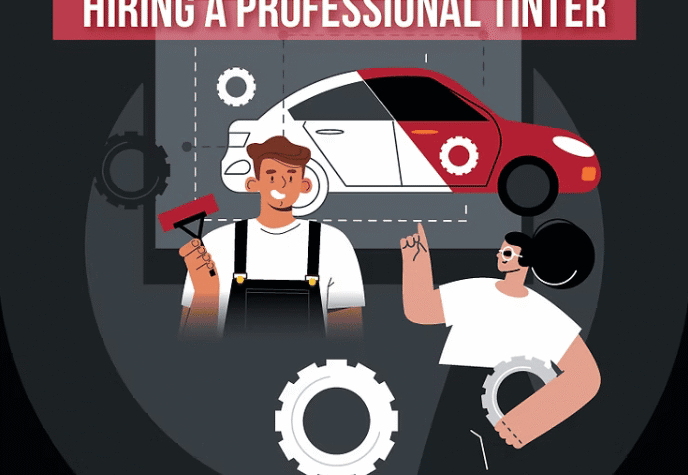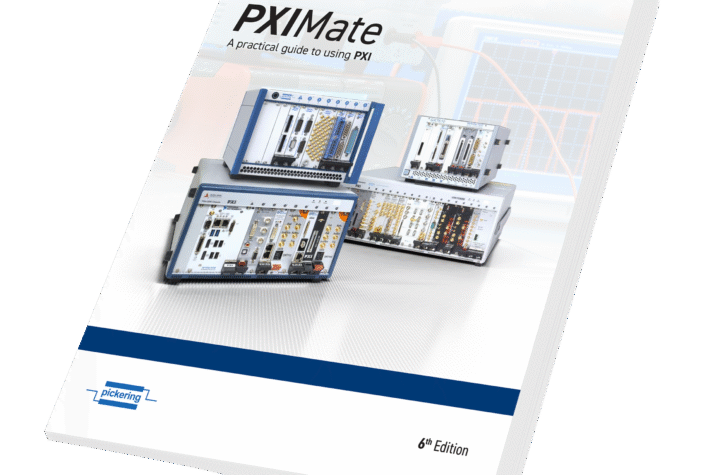
Latest Evolution of Delphi’s Solenoid Injector and Next Generation Delphi Pump Help Vehicle Reach 87g/km of CO2 Emissions, Fuel Consumption of 3.3l/100km (71mpg) Without Performance Compromise; Cleanest Car in Its Class; Voted 2010 World Car of the Year by International Automotive Journalists
Delphi Corp. and Volkswagen have developed one of the “greenest” diesel systems ever produced with the new 3-cylinder VW Polo BlueMotion. This allows the automaker, a recognized leader in diesel-powered passenger cars, to offer consumers a vehicle with exceptionally low CO2 emissions and fuel consumption, while still delivering highly refined powertrain performance.
After more than a year of co-development with Volkswagen, Delphi, a global leader in diesel engine management systems, is supplying its
Multec(R) Diesel Common Rail System for the new 1.2-liter, 3-cylinder Volkswagen Polo BlueMotion.
“Our customers are downsizing their engines to meet stringent CO2 requirements. The new Volkswagen 3-cylinder Common Rail diesel engine allows Delphi to demonstrate the great potential of our solenoid-based fuel injection system technology,” said Michael Gassen, general director, Delphi Powertrain Systems and Delphi Europe, Sales & Marketing. “This is Delphi’s first diesel Common Rail program with Volkswagen and it is on a vehicle that is now the most economical five-seater with the lowest emissions and the 2010 World Car of the Year. This is an excellent match for our technology.”
Delphi’s Multec(R) Common Rail System supports downsizing concepts while maintaining competitive cost and performance criteria
Delphi’s Multec(R) Diesel Common Rail System, with a balanced valve fast servo-solenoid injector, was launched in 2000 and has evolved and improved to meet changing emissions standards and drive new powertrain strategies, while maintaining cost and performance competitiveness.
The common rail system on VW Polo BlueMotion includes the latest evolution of solenoid type diesel common rail injector technology with Delphi’s next generation DFP6 fuel pump. This combination allows for just 87 g/km of CO2 emissions.
“Delphi’s new common rail system provides significantly improved fuel delivery control, extended multiple injection capability, enhanced spray atomization and air mixing,” said John Fuerst, general manager, Delphi Diesel Systems. “The system in this vehicle can deliver up to six injection events per combustion cycle, which translates into a very smooth combustion process and therefore lowers the NVH levels.”
As well as optimized combustion, the injection efficiency of the system is improved through reduced parasitic losses, reduced component mass, improved energy consumption and hydraulic performance. Because of this, Delphi’s common rail system will suit future generations of downsized engines in a range of vehicle classes.
Delphi’s next generation high pressure pump unveiled at the Vienna Symposium
Delphi unveiled the new DFP6 single plunger common rail fuel pump during the 31st International Motor Symposium in Vienna. The pump is designed to simplify packaging and reduce weight while providing 2,000 bar maximum rail pressure. Its design combines a relatively small specific capacity of up to 0.42 cc/rev with the capability to run at engine speed to provide flexibility for efficient utilization on a range of engine sizes up to 2.2 liters. This is achieved by an approach that includes a new compact hydraulic head design which helps to improve the volumetric and mechanical efficiency enabling a potential reduction of engine CO2. The new concept is much stiffer than the previous generation head, with Delphi’s integrated inlet valve assembled directly into the head and a forged high-pressure outlet, which incorporates the outlet valve and helps to achieve reduced stress and offers further room for extension to rail pressures higher than 2,000 bar.
“Through Delphi’s design, the dead volume within the head is much less than other pump heads in the industry resulting in best in class volumetric efficiency well above 90 percent at very high pump speeds,” said Fuerst. “In addition, unlike other pumps on the market, there is no high pressure leak path to the environment so there is no potential risk of high pressure leaks.”
An additional advantage of Delphi’s design involves the specific roller and shoe mechanism. The twin lobe cam offers two pumping events per revolution reducing the number of pump strokes needed. On later 4-cylinder engine applications, one further advantage will be the opportunity of running the pump at engine speed in combination with a twin cam lobe to generate pumping synchronized with injection. It is an effective means to achieve the lowest possible emissions at the highest performance level.
The roller cam shoe mechanism has been optimized for reduced torque, dynamic mass, and noise via the Delphi patented static shoe guide. The component is pressed straight into the housing so that the shoe guide, different from previous solutions, does not oscillate during pump operation keeping the dynamic mass low, permitting a small plunger return spring size and optimum packaging geometry. The design safely prevents the shoe on the DFP6 pump from lateral rotation which eliminates the risk of fatal pump damage and allows for a mass of just 2.4kg.
In addition to Delphi’s Multec(R) Diesel Common Rail system, the new 1.2-liter three cylinder Volkswagen Polo BlueMotion is fitted with the following Delphi products: antitheft and immobilizer systems, radiator and compressor.
About Delphi
Delphi is a leading global supplier of electronics and technologies for automotive, commercial vehicle and other market segments. Operating major technical centers, manufacturing sites and customer support facilities in 30 countries, Delphi delivers real-world innovations that make products smarter and safer as well as more powerful and efficient. Connect to innovation at www.delphi.com.












More Stories
Dürr and GROB concept battery factory uses 50% less production space
DuPont materials science advances next generation of EV batteries at The Battery Show
Cybord warns of dangers of the stability illusion